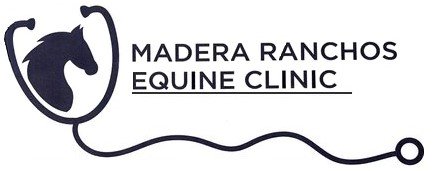Surgical Services
-
Castration or “gelding” is the surgical removal of a horses testicles. This results in permanent sterilization of the horse, and may help decrease “stallion like” behaviors. The ideal age is about 1 year. The surgery has more risk of complications in older horses. Both testicles must be descended in the scrotum before the surgery can be scheduled. The horse needs to be halter broke and tolerate handling. We offer castration both at the clinic and on farm calls if there is a clean safe place to perform the procedure on site. The horse will be given a sedative, and then induced under general anesthesia (completely unconscious). Once the surgery is complete, the horse will wake up, and is able to go home the same day.
The horse should be rested until the next day. After that the horse should be exercised by riding, longing, or working in a round pen for a minimum of 30 minutes of trotting daily. If the horse appears uncomfortable oral bute will help. There will be some drainage from the incision that can be hosed off daily. Fly spray is also helpful. Occasionally the open incisions will close prematurely and the surgical site will become infected. Signs that this has occurred include; lameness, reluctance to move, scrotal swelling, horse does not clean up feed, or the rectal temperature is greater than 101.50 F. If any of these signs are seen, please call.
-
Horses are masters at hurting themselves often in very creative ways. Involving a veterinarian as early as possible almost always results in both faster healing times as well as a better cosmetic outcome. If you find an injury the best thing to do first is wash the wound with cool water. If there is fresh bleeding pressure can be applied with a clean cloth or bandaged with cotton padding. DO NOT apply any product that will not easily wash out, first aid creme or ointment are acceptable. A laceration can be sutured if it is fresh and the edges can be pushed together. Leg wounds need to be cared for as soon as possible, wounds on the body or head can be repaired at a scheduled time. Any injury involving the eye should be checked quickly.
-
Horses are prone to several types of cancer that generally grow externally on the body. Fortunately, many of these tumors/growths can be managed with surgical removal or cryosurgery with liquid nitrogen. Any area on pink skin or around eyes that does not heal or appears lumpy should be examined.
-
We perform other surgeries on eyes, legs, and other areas. We use the stocks for standing procedures or the lawn for procedures that require anesthesia. We do not have a surgery table, so surgeries that require that are referred.
